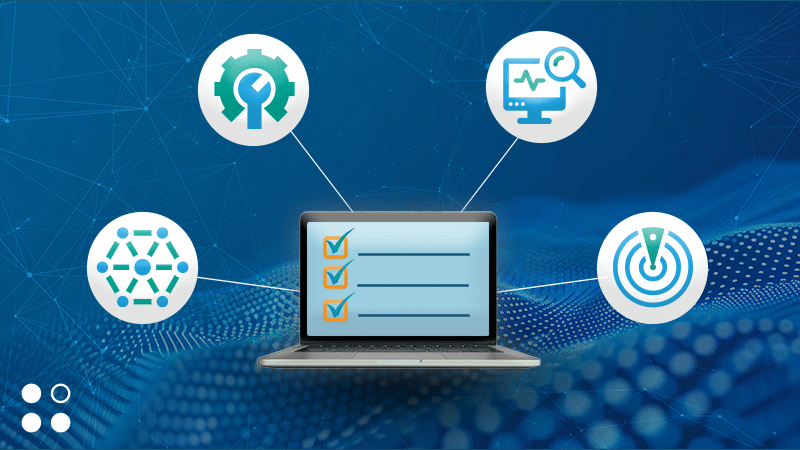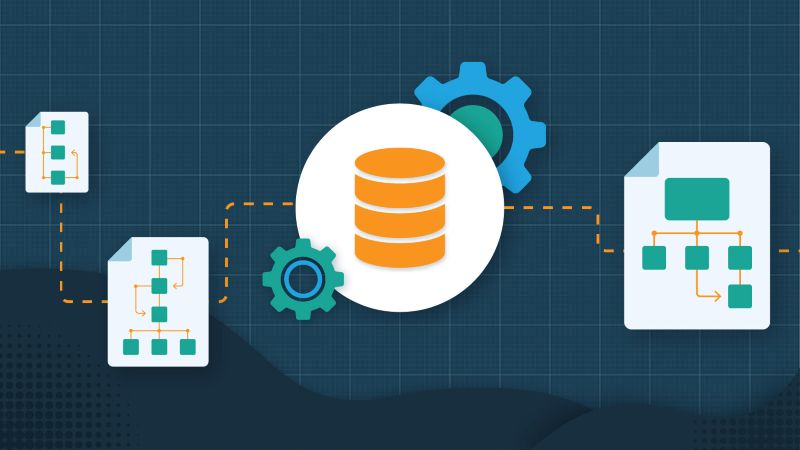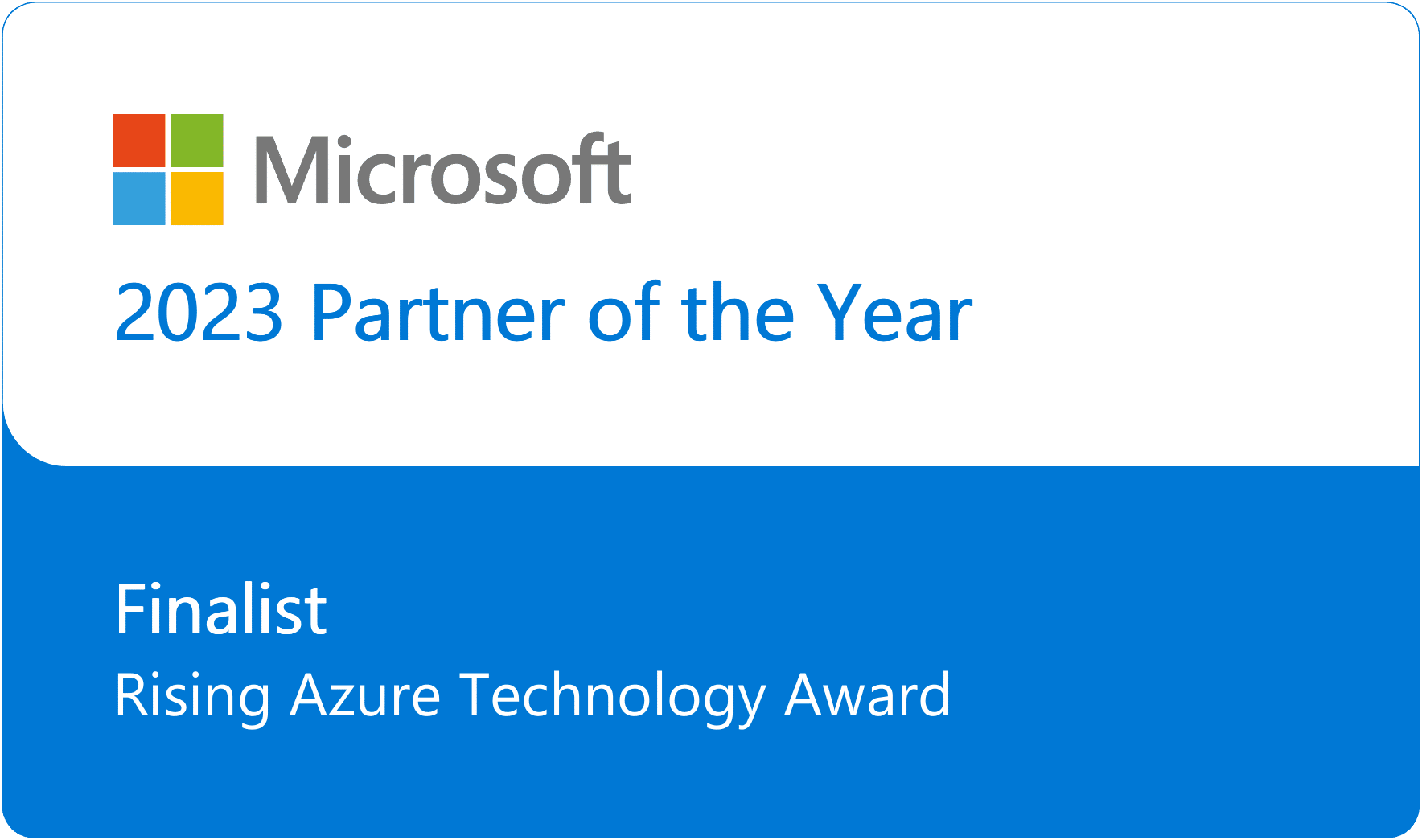Master data management (MDM) solutions play a crucial role in maintaining the integrity, consistency and accuracy of data by providing a centralized framework to manage master data across the enterprise. But not all MDM solutions are created equal. If you’re looking to elevate your organizations’ data management capabilities, these are the MDM core capabilities that every solution should be able to handle.
Core Master Data Management (MDM) Capabilities
Compare three different MDM solutions, and you’re likely to see three tools that offer slightly different feature sets. Some solutions are bundled into unified data platforms, while others act as standalone solutions that can be integrated with other solutions like data governance tools and data lakes.
No matter the type of tool you prefer, there are certain features that all MDM solutions must offer to qualify as MDM tools. That’s according to the independent business research firm Gartner, which publishes a report on Critical Capabilities for Master Data Management Solutions (paywall). Gartner identified the following core capabilities in its most recent report.
Workflow and Business Process Modeling (BPM)
Robust BPM tools enable organizations to design, implement and monitor data-related workflows, ensuring data is efficiently managed across its lifecycle.
Master Data Loading and Integration
Seamless integration with data source systems for loading and synchronizing master data ensures a unified data ecosystem.
Data Modeling
Flexible data modeling capabilities allow for the creation of a comprehensive data model that mirrors the organization’s real-world entities, relationships and hierarchies.
Data Quality Features
Features like matching, merging and survivorship are essential for maintaining high data quality, ensuring master data is accurate, consistent and free of duplicate records.
Performance, Availability, Security and Scalability
An MDM solution must meet high standards for performance, availability, security and scalability to support organizational growth and adapt to evolving data demands.
Hierarchy Management
Effective management of data hierarchies helps organizations understand and leverage the relationships between different data entities.
Data Stewardship and Governance
Tools for data stewardship and governance are vital for enforcing data policies, standardizing data processes and ensuring compliance with data regulations.
Operational and Analytical MDM Use Cases Support
A top-tier MDM solution supports both operational and analytical usecases, offering versatility in addressing different organizational needs.
Multidomain MDM Support
The ability to manage multiple data domains within the same environment is crucial for organizations dealing with a broad spectrum of master data.
Augmented MDM
Augmented MDM leverages advanced analytics and machine learning to generate insights about the complex relationships within and across datasets, fostering a more adaptive and context-centric approach to master data management.
Workflow and Business Process Modeling (BPM)
Robust BPM tools enable organizations to design, implement and monitor data-related workflows, ensuring data is efficiently managed across its lifecycle.
Master Data Loading and Integration
Seamless integration with data source systems for loading and synchronizing master data ensures a unified data ecosystem.
Data Modeling
Flexible data modeling capabilities allow for the creation of a comprehensive data model that mirrors the organization’s real-world entities, relationships and hierarchies.
Data Quality Features
Features like matching, merging and survivorship are essential for maintaining high data quality, ensuring master data is accurate, consistent and free of duplicate records.
Performance, Availability, Security and Scalability
An MDM solution must meet high standards for performance, availability, security and scalability to support organizational growth and adapt to evolving data demands.
Hierarchy Management
Effective management of data hierarchies helps organizations understand and leverage the relationships between different data entities.
Data Stewardship and Governance
Tools for data stewardship and governance are vital for enforcing data policies, standardizing data processes and ensuring compliance with data regulations.
Operational and Analytical MDM Use Cases Support
A top-tier MDM solution supports both operational and analytical use cases, offering versatility in addressing different organizational needs.
Multidomain MDM Support
The ability to manage multiple data domains within the same environment is crucial for organizations dealing with a broad spectrum of master data.
Augmented MDM
Augmented MDM leverages advanced analytics and machine learning to generate insights about the complex relationships within and across datasets, fostering a more adaptive and context-centric approach to master data management.
Additional Considerations for an MDM Tool
Remember, these features represent the bare minimum — any MDM solution worth its salt should offer these capabilities, no problem. Once you’ve established that a solution meets the basic requirements to pass as a competent MDM tool, dig deeper to evaluate it in the following areas.
- Cloud-Native: The MDM market is following the general trend of the software industry towards the cloud, but not every vendor is truly cloud-native Cloud-native systems grant vendors significant benefits that they then pass down to customers, including increased agility, availability and scalability. MDM tools built using cloud-native techniques are not only more reliable but also receive updates more often, usually making them more powerful and secure.
- Deployment Options: Some of the more mature or legacy vendors may only offer their products as on-premises deployments, so it’s a good idea to check when doing your due diligence. Likewise, some newer MDM tools are only available as SaaS offerings. Many companies prefer vendors that strike a balance between these two extremes, offering flexible deployment options to let customers choose what suits them best.
- Security: Master data is often sensitive. You don’t want to use an MDM tool that could potentially expose it to bad actors due to poor security. Adherence to strict security standards, including SOC 2 and HIPAA/HITECH compliance, helps protect master data without compromising on functionality.
- Interoperability and Integrations: Aside from the basic integrations required for loading master data from source systems, evaluate MDM solutions for how nicely they play with other data solutions like data governance, business intelligence (BI) and artificial intelligence (AI). It’s especially important to consider your own organization’s tech stack here — look for an MDM that works well with the tools you already use.
- Low Total Cost of Ownership (TCO): Keep in mind that some MDM tools can require significant upfront costs before implementation can begin. Costs associated with the software itself, support and maintenance plans, cloud hosting (if applicable), consulting, hiring additional personnel and training all factor into the total cost of ownership (TCO) for an MDM solution. That being said, TCO can vary greatly from vendor to vendor, so be sure to do your homework here.
- Fast Time to Implementation: Master data management tools are not always the fastest software systems to implement. Try to get a sense for how long it will take to implement different MDM tools, either through customer reviews, from the vendor itself or from independent research firms like Gartner or Forrester. Just as importantly, make sure the MDM tools you evaluate will work with the implementation style you’re planning to use.
The Vital Role of MDM in AI Initiatives
A recent survey from Harvard Business Review Analytic Services (HBR-AS) found that AI is a “…mid-level or top strategic priority” at 65% of survey respondents’ organizations. However, only 10% of respondents feel their organization is ready to adopt AI.
Having a good data foundation is essential for any AI initiative, so it’s important to consider this in your MDM search — especially as more companies look to become AI-enabled in the months and years ahead. As you evaluate different MDM solutions, look for tools that can let you create consumable data products to produce trustworthy insights from AI copilots and applications.
This means the solution should not only be able to produce data that is deduplicated, standardized, validated and complete, but also completely capture the metadata associated with master data records to help AI correctly interpret the data products. Without the right support from MDM in these areas, AI tools run a greater risk of hallucinating and producing unreliable insights that can damage your business.
The MDM Market Continues to Evolve
In the face of ever-evolving business needs, the MDM market will continue to adapt its products to better serve the organizations that rely on MDM for data initiatives. The features identified in this article will certainly give you a solid foundation for performing a thorough vendor search, but keep in mind that these will naturally change over time.
The data landscape is constantly evolving, and so are the strategies we use to manage it. With Profisee MDM, it’s easy to future-proof your organization’s data management practices. Don’t just take our word for it — read our deep-dive on the best MDM tools to see how Profisee stacks up against other options.
Top 30+ Master Data Management Tools
Top 30+ Master Data Management Tools

Forrest Brown
Forrest Brown is the Content Marketing Manager at Profisee and has been writing about B2B tech for eight years, spanning software categories like project management, enterprise resource planning (ERP) and now master data management (MDM). When he's not at work, Forrest enjoys playing music, writing and exploring the Atlanta food scene.















